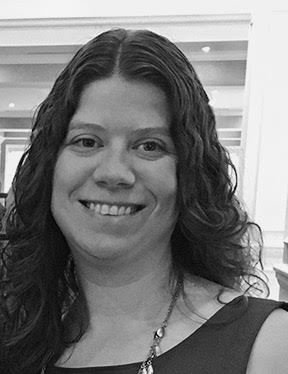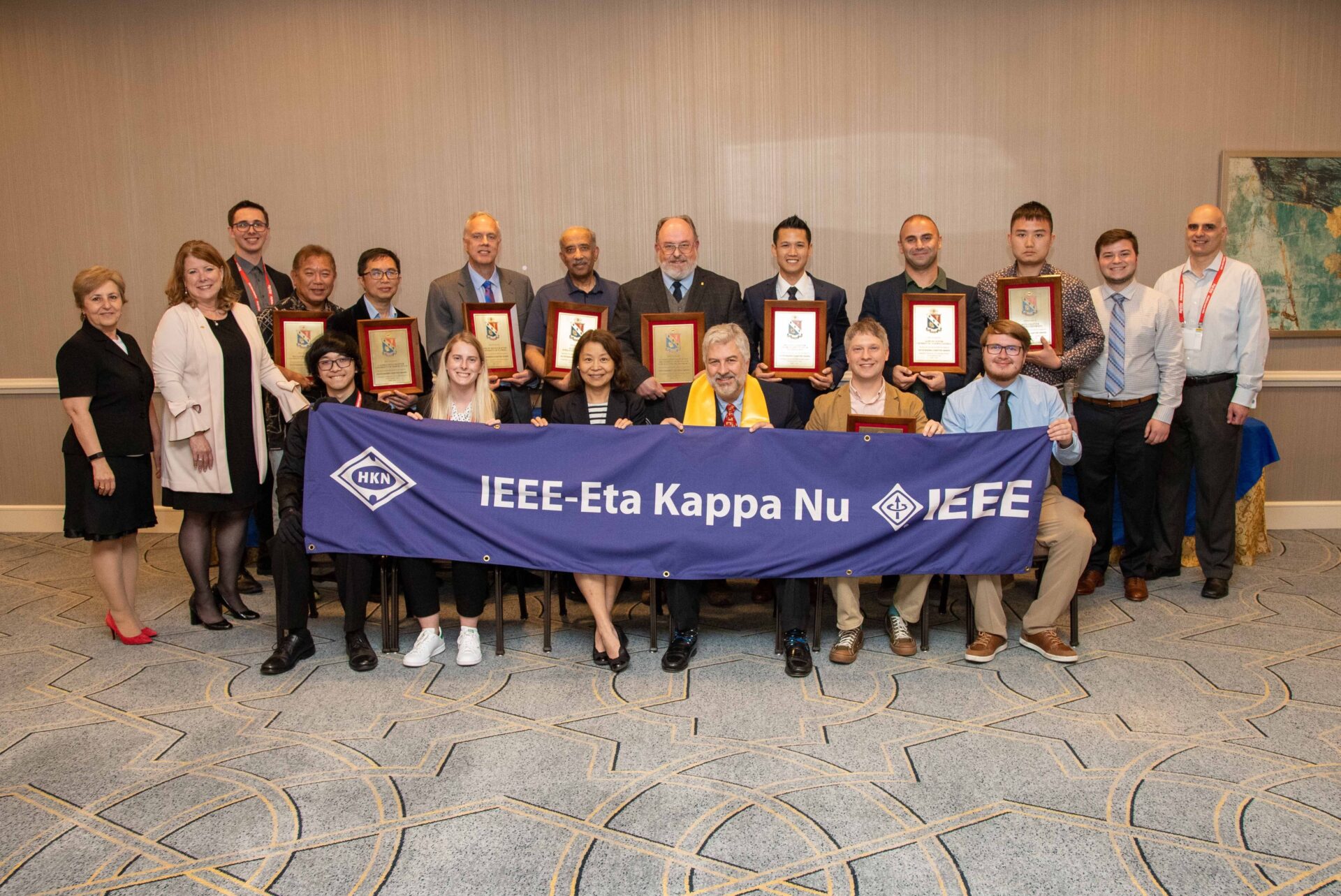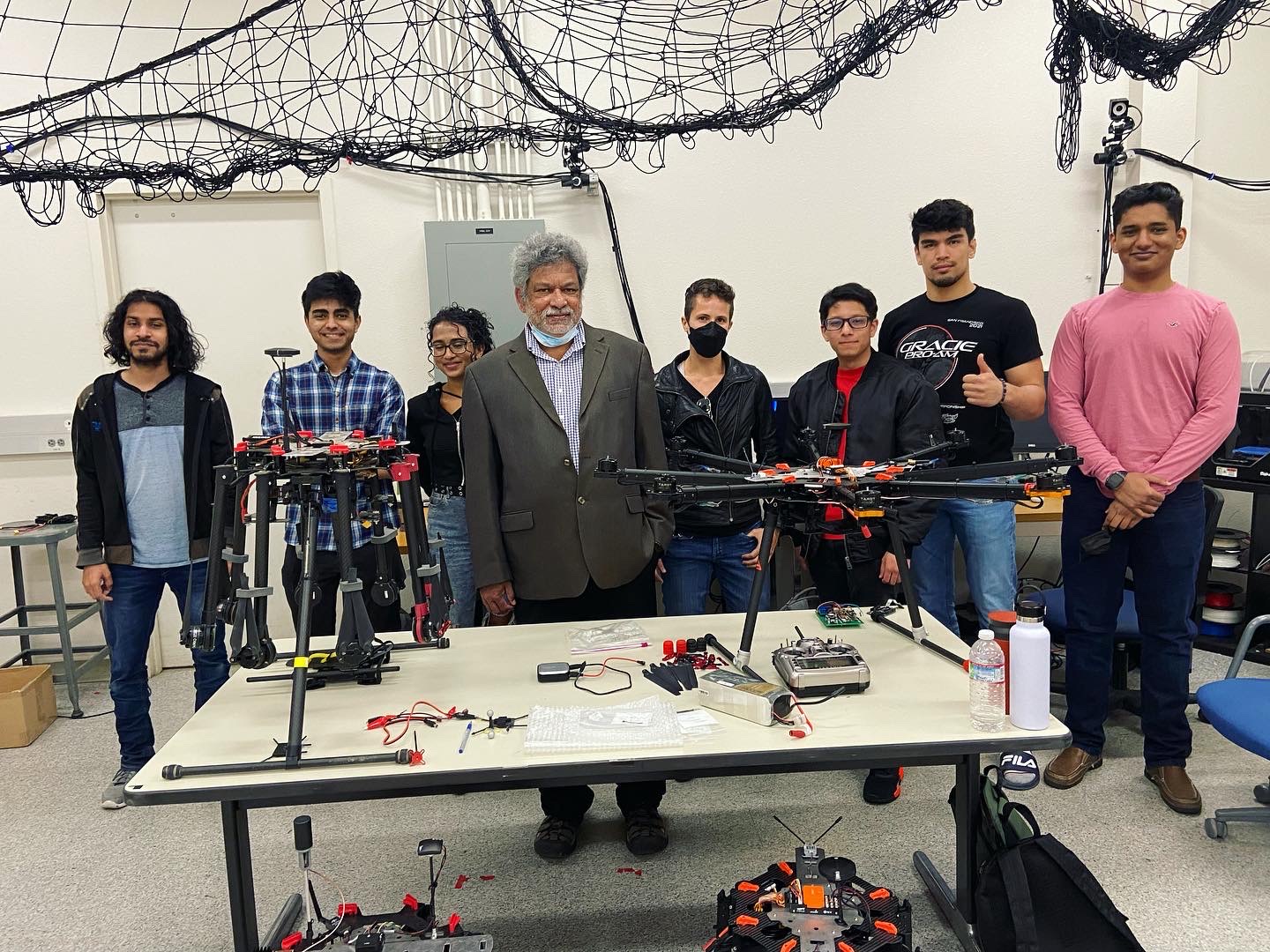Tenure Track: Tips for Making Your Case as a Candidate
Launching an academic career often means trying to become a permanent member of an academic institution. Tenure is a commitment that is made primarily based on the university’s needs—not the achievements of those seeking tenure. Typically, a doctorate is required for a tenure-track faculty position. Tenure-track faculty are hired based on their perceived potential to successfully make tenure. Academic promotion depends on assessments for three common areas of academic work: Research (knowledge generation), Teaching (knowledge transmission), and Service (professional engagement and contributions to the university or the community). Candidates for tenure-track faculty positions should include evidence of contributions and potential for further contributions for each of these areas in their academic portfolio—though the emphasis among the three areas should be tailored to each university.
Getting a tenure-track requires thoughtful preparation. Your academic portfolio or candidate materials will follow you throughout the application process. Most faculty searches go through multiple screening phases, where written materials are ranked using one or more categorization rubrics. The immediate goal for a submitted academic portfolio is to get past the initial stages. During the later telephone and in-person interviews, oral communication skills and personality become additional factors.
Making a Case for a First Tenure-Track Position
In an IEEE virtual event, three distinguished panel members (Kathleen Kramer, Ph.D., Professor of Electrical Engineering, University of San Diego; Reginald Perry, Ph.D., Professor of Electrical and Computer Engineering, FAMU-FSU College of Engineering; and Russ Meier, Ph.D., Professor of Electrical Engineering and Computer Science, Milwaukee School of Engineering) provided perspectives on how to make a strong case as a candidate through the standard written materials. The link for this on-demand event is noted at the end of this article.
The panel went through the purpose of each commonly required part of the tenure application (Cover Letter, Curriculum Vitae or CV, and the Teaching, Research, and Diversity statements), with tips for making sure your materials stand out. The panel started by outlining six rules for effective communication for all candidate materials:
- Know your audience and your purpose
- Establish credibility and Connection
- Be aspirational and respectful
- Aim for simplicity and brevity
- Have clarity and consistency
- Practice and get feedback
The Cover Letter
The panelists stressed the importance of the cover letter—as it will be the first impression (and if it’s not good, the only impression) for the reviewers. The primary purpose of a cover letter is to summarize and provide connections across your materials. It was suggested that you prepare a generic letter early and then individualize and update it meaningfully for each university.
A similar approach is suggested for the curriculum vitae (CV), which is your academic resume and should include a record of anything note-worthy in your career (publications, grants, positions, research).
Teaching, Research, and Diversity Statements
Where you can most differentiate yourself from other candidates are the three statements. For each of the statements, it will be critical to know your audience and which type of university you are applying to (teaching vs research orientated). All three statements are important—but not equally important (it will depend on the university and the reviewer):
- The teaching statement should include details about the experience you intend to provide your students—as well as classroom techniques that you will use to create a positive learning experience.
- The research statement is often weighted heavily in the review process—you should use it to address how you would fit into the existing research community and clarify what resources you might need.
- The diversity statement is a newer item and may not be required for all applications. You must demonstrate your excitement for mentoring students and make sure it ties nicely to the other two statements.
All the panelists agreed that you should tailor your materials to each university—using their stated missions and values as guideposts in your applications. At the end of the panel, there were also useful discussions on the ethics of showcasing your accomplishments in the best light, English skills for those whose first language is not English, the importance of reference letters, and when doctoral students should start the application process.
The Pathways to Academia: Applying for a First Tenure Track Position – Making Your Case as a Candidate event is available from IEEE for free and on-demand.
Register to watch the full on-demand event
Other IEEE Resources
IEEE English for Technical Professionals: Online course by IEEE enables professional engineers and technical professionals whose first language is not English to improve their language skills in a way that fits the needs and priorities of working adults in the academic and engineering fields.
“Work Life Balance” Book: Available from IEEE-USA, this book discusses how to implement a work-life balance that gives you a sense of being able to make choices that fit for you, given your current situation and your goals.





